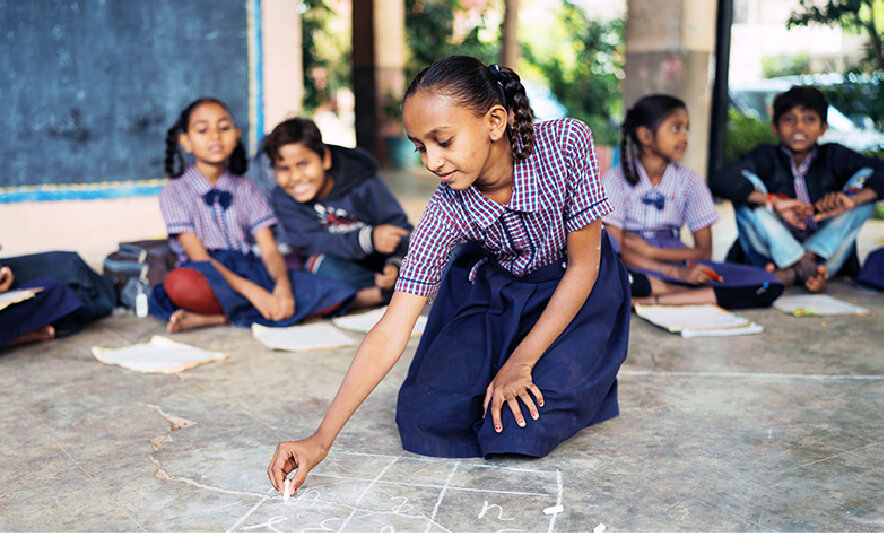
In a shocking incident from Maharashtra, a 13-year-old student was reportedly made to do 50 squats as punishment for arriving just 5 minutes late to school. The incident has sparked outrage among parents and child welfare advocates, raising serious concerns about the use of physical punishment in educational institutions.
Details of the Incident 13-Year-Old Student Punished with 50 Squats for Being Late by 5 Minutes
The incident occurred at a private school in [City/District Name, Maharashtra] on [specific date], when the student arrived late due to unavoidable circumstances. Despite being only five minutes past the scheduled time, the school administration allegedly subjected the child to a grueling punishment of 50 squats.
| Detail | Information |
|---|---|
| Student Age | 13 years |
| Punishment | 50 squats |
| Reason | Late by 5 minutes |
| School Location | Maharashtra |
| Outcome | Child reported physical discomfort |
Reaction from Parents and Authorities
Parents’ Perspective
The parents of the child expressed anger and disappointment at the incident.
One of the parents stated:
“It is unacceptable for a child to be subjected to physical punishment, especially for a minor delay. Schools should focus on nurturing students, not punishing them.”
Authorities’ Response
The incident came to light after the parents filed a complaint with the local education department. Officials have assured a thorough investigation into the matter and action against those responsible.
| Authority | Action Taken |
|---|---|
| Local Education Department | Investigation initiated |
| School Management | Yet to respond publicly |
| Child Welfare Committee | Monitoring the situation |
Impact on the Student
The 13-year-old reportedly experienced physical discomfort and emotional distress following the punishment. Experts have warned that such punitive measures can have long-term psychological effects on children, including:
- Low Self-Esteem: Humiliation in front of peers can damage a child’s confidence.
- Physical Harm: Excessive physical activity as punishment can lead to injuries.
- Fear of School: Harsh discipline may cause children to dread attending school.
The Debate on Physical Punishment in Schools
The incident reignites the debate about the use of physical punishment in Indian schools. While the Right to Education Act, 2009, prohibits physical punishment, such practices continue to persist in some institutions.
Provisions Under the Right to Education Act
- Section 17: Strictly prohibits physical punishment and mental harassment of children.
- Consequences: Violations can lead to disciplinary action against school staff, including suspension or termination.
Arguments Against Physical Punishment
- Violates children’s rights and dignity.
- Can lead to emotional trauma and aversion to learning.
- Contradicts modern educational practices focused on positive reinforcement.
What Should Schools Do Instead?
Educational experts and child psychologists advocate for constructive discipline methods, including:
- Counseling: Address underlying issues causing tardiness or misbehavior.
- Positive Reinforcement: Reward punctuality and good behavior rather than punishing delays.
- Parent-School Communication: Collaborate with parents to resolve challenges faced by students.
- Flexible Policies: Consider valid reasons for delays instead of enforcing rigid rules.
Call to Action
This incident serves as a wake-up call for schools to adopt child-friendly disciplinary measures. The local education department has urged all institutions in the state to:
- Conduct workshops for teachers on alternative discipline methods.
- Set up grievance cells for students and parents.
- Ensure compliance with the Right to Education Act.
Conclusion
The punishment meted out to the 13-year-old student in Maharashtra highlights the urgent need for reform in school discipline practices. While punctuality is important, it should not come at the cost of a child’s physical and emotional well-being. As schools are meant to be safe spaces for learning and growth, it is imperative to prioritize humane and constructive methods of discipline over punitive actions.
Efforts to address this issue will not only protect the rights of students but also foster a healthier and more supportive educational environment.





